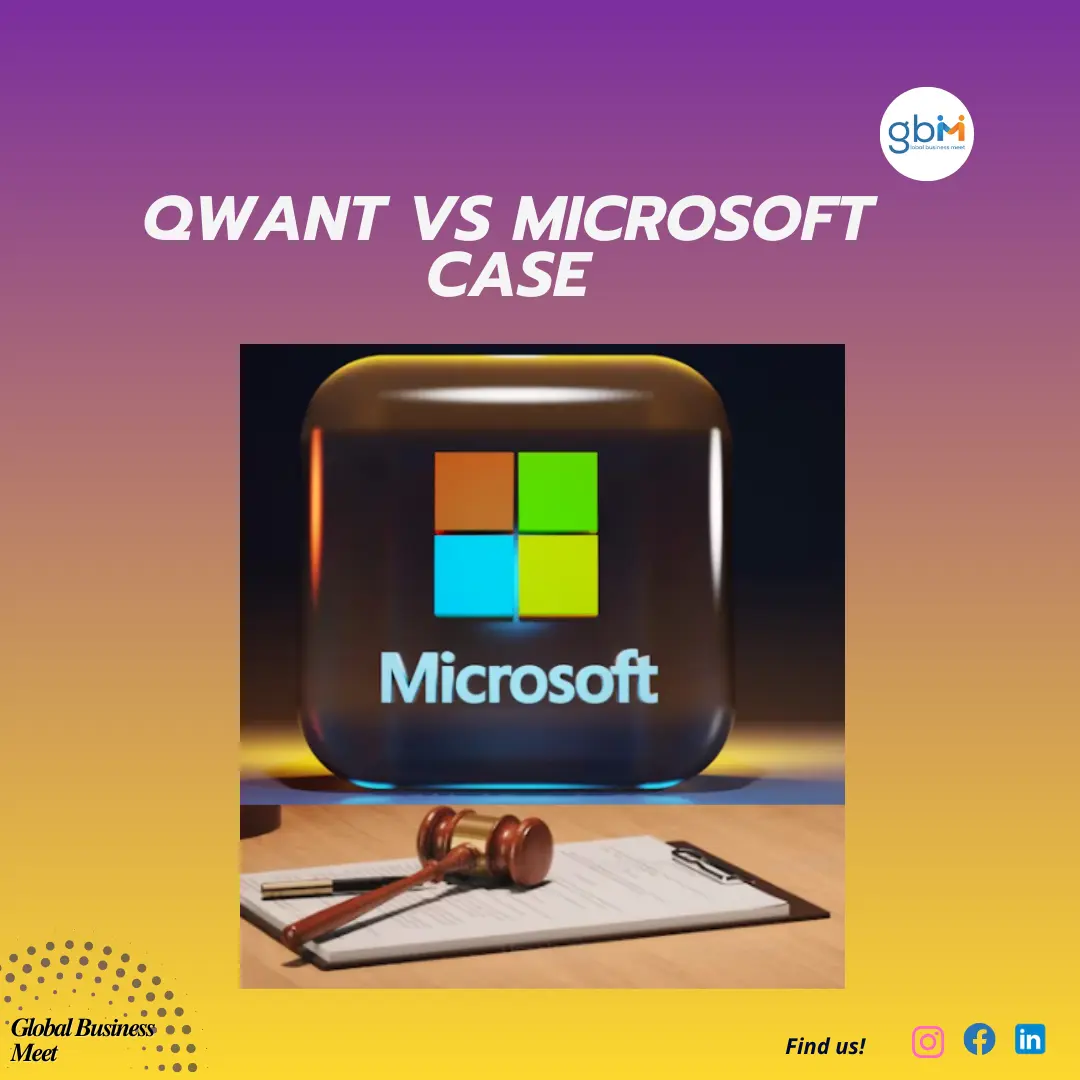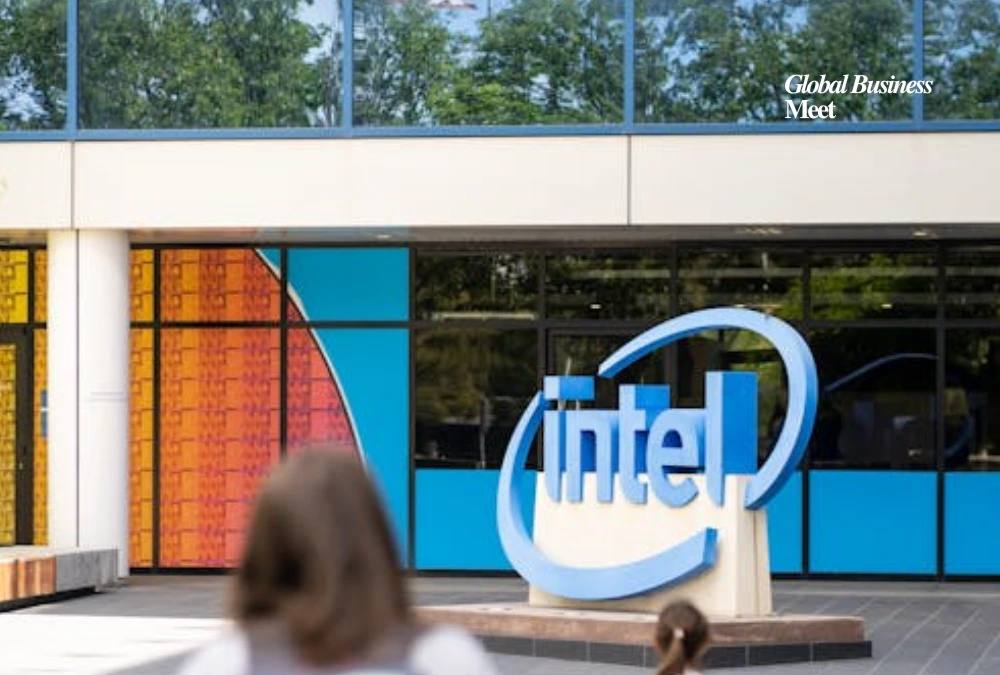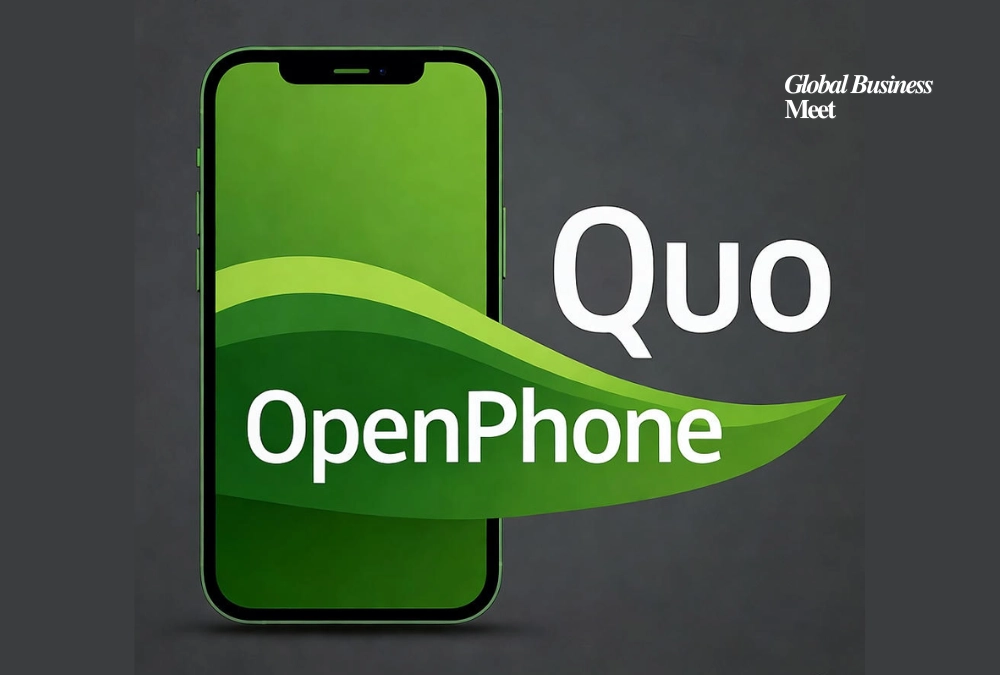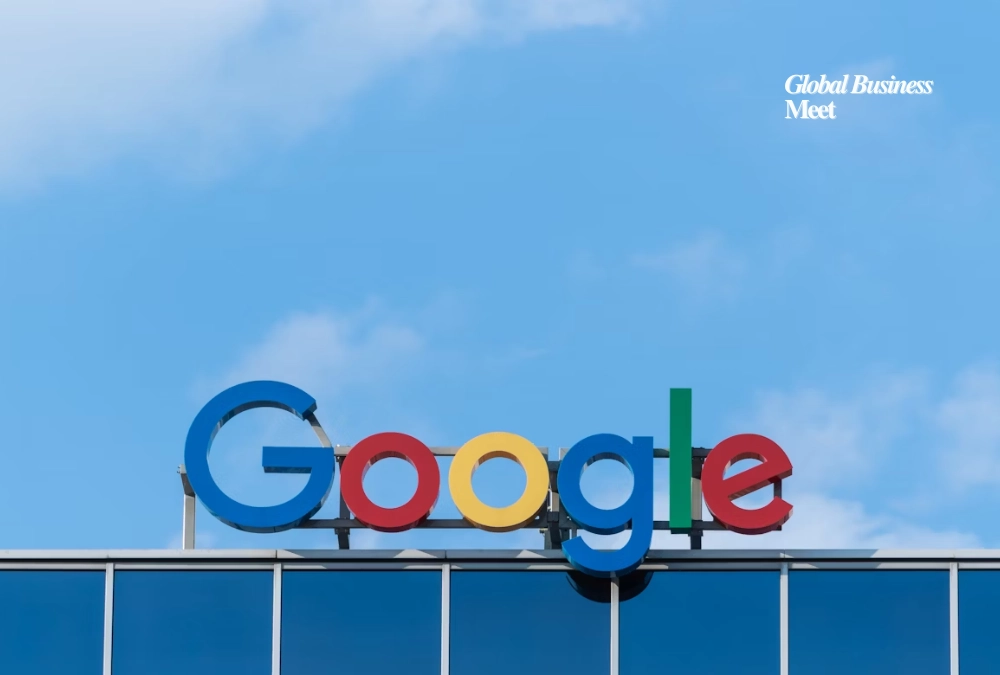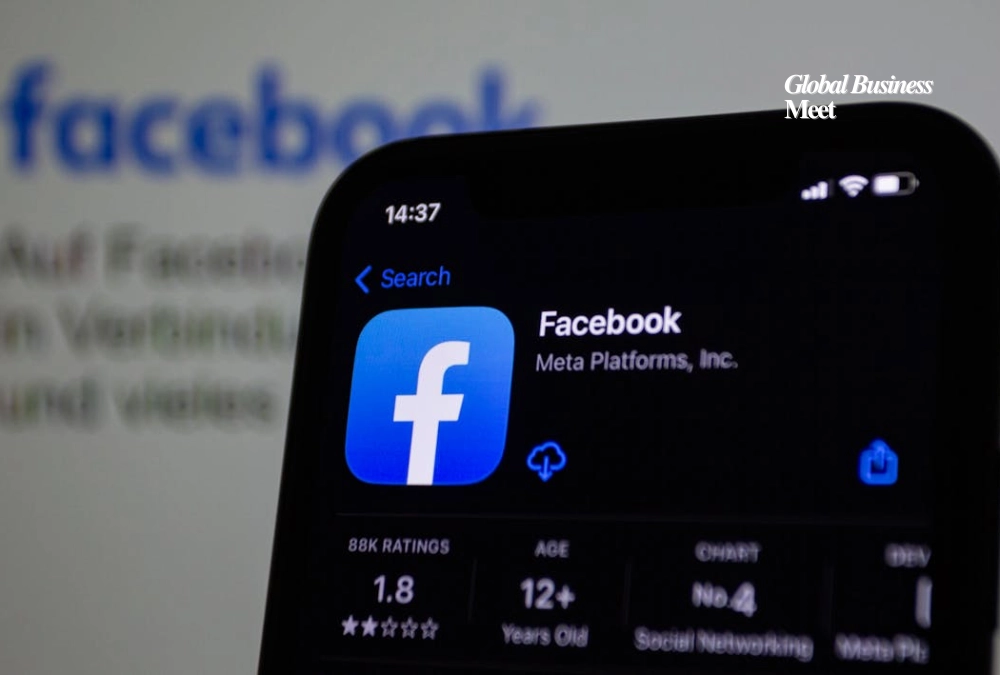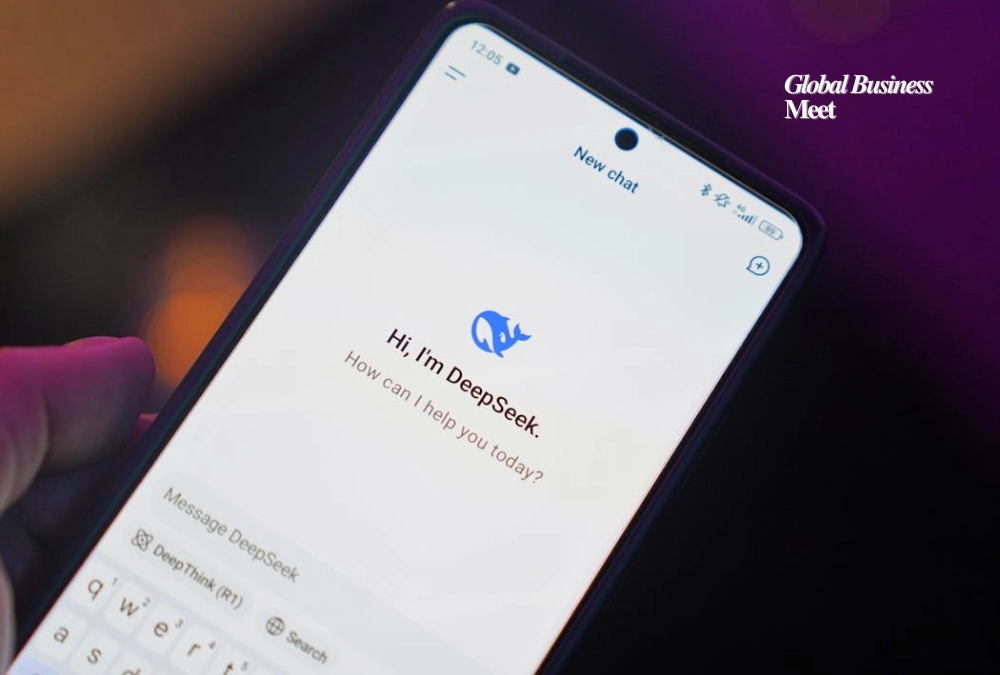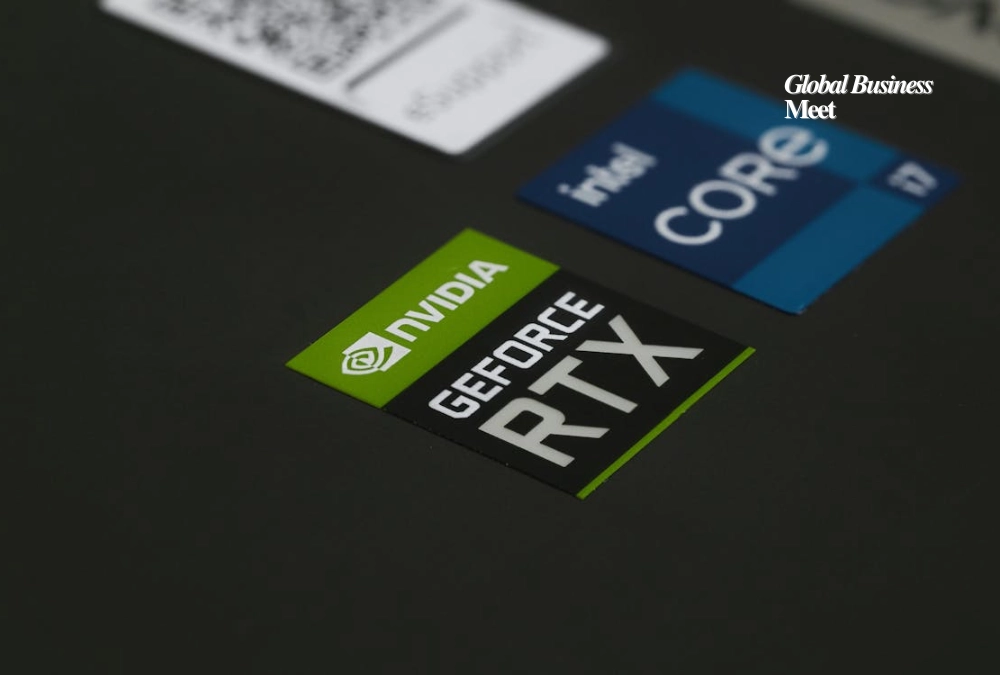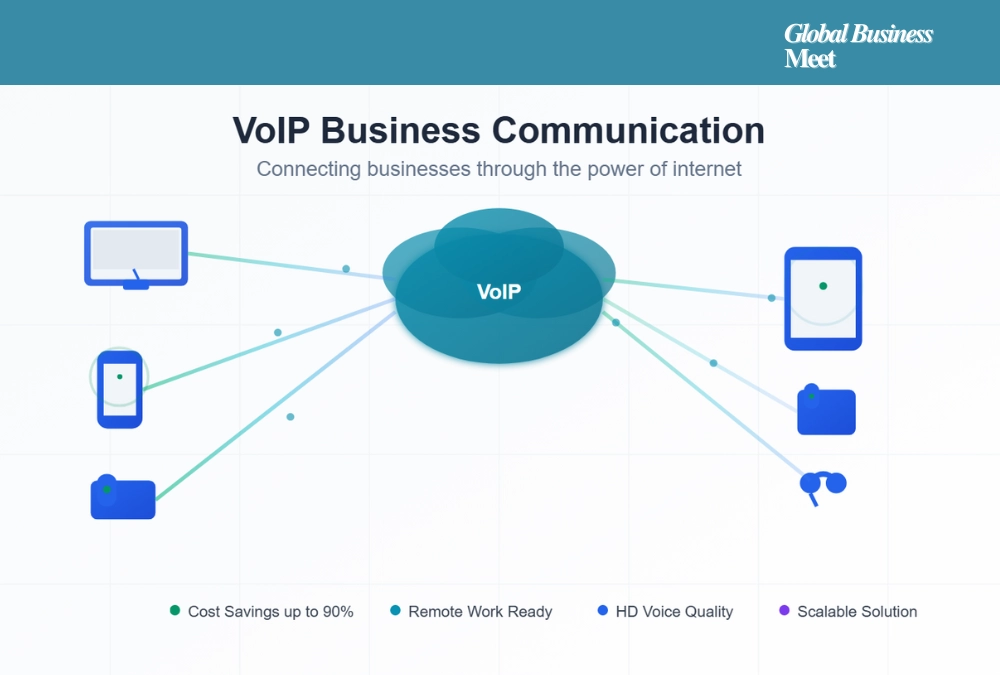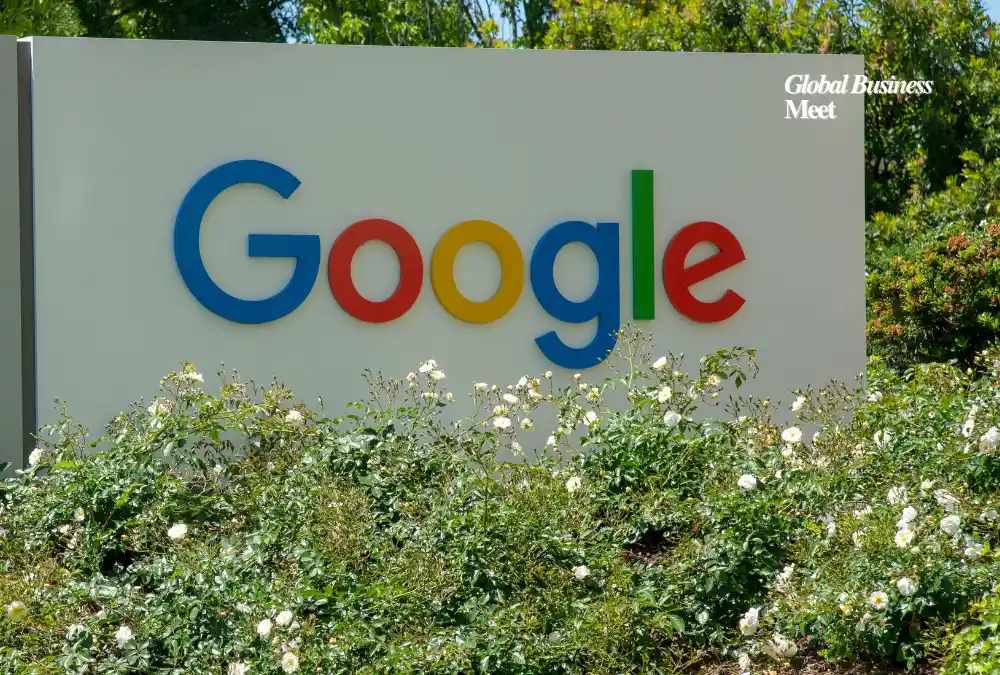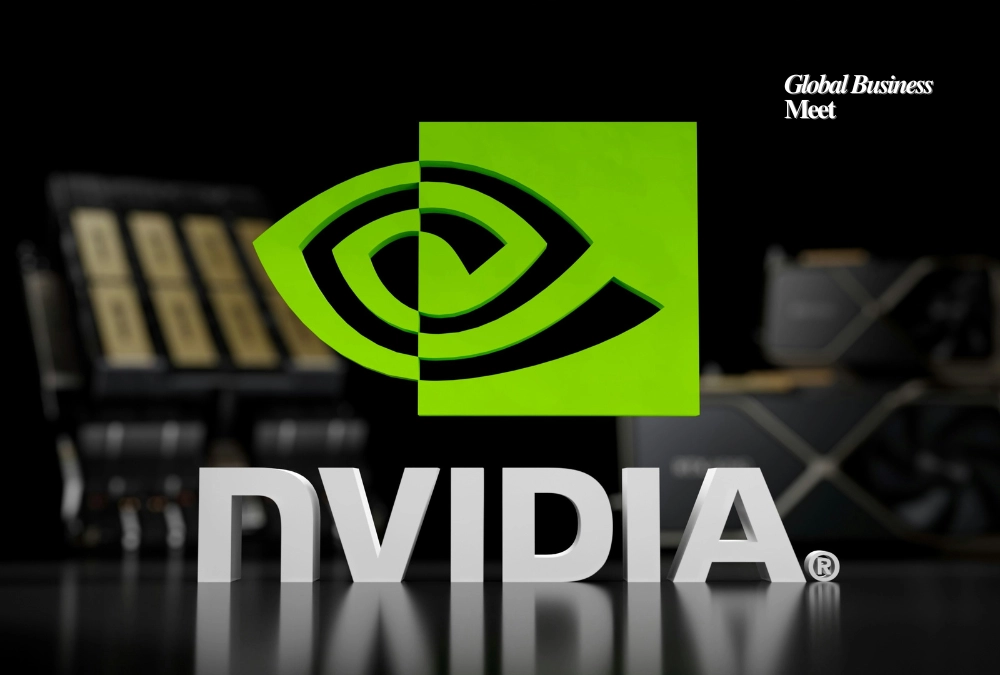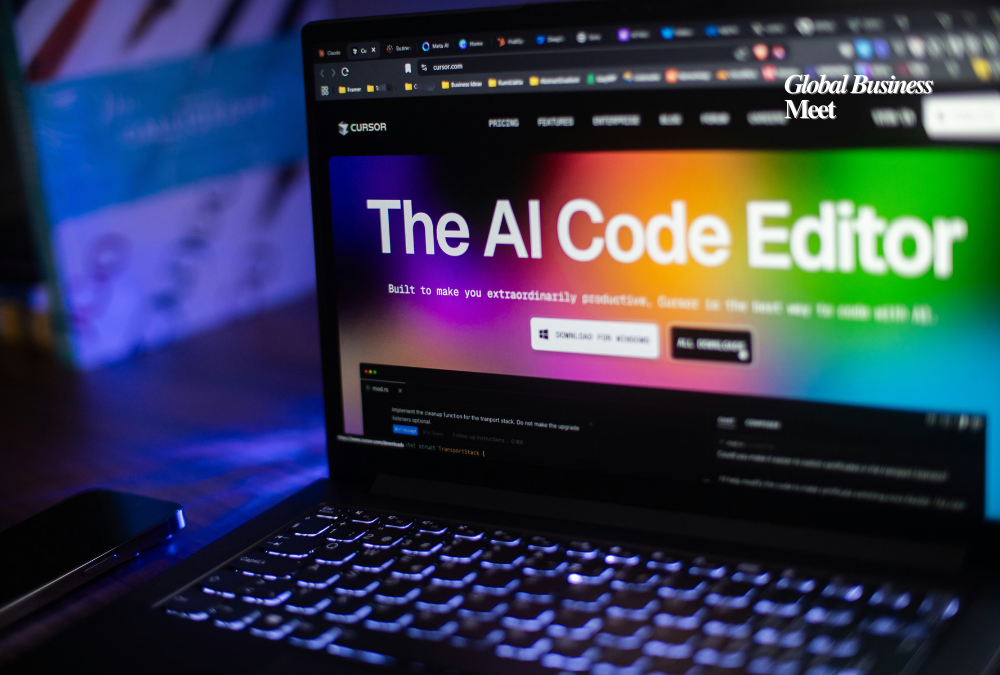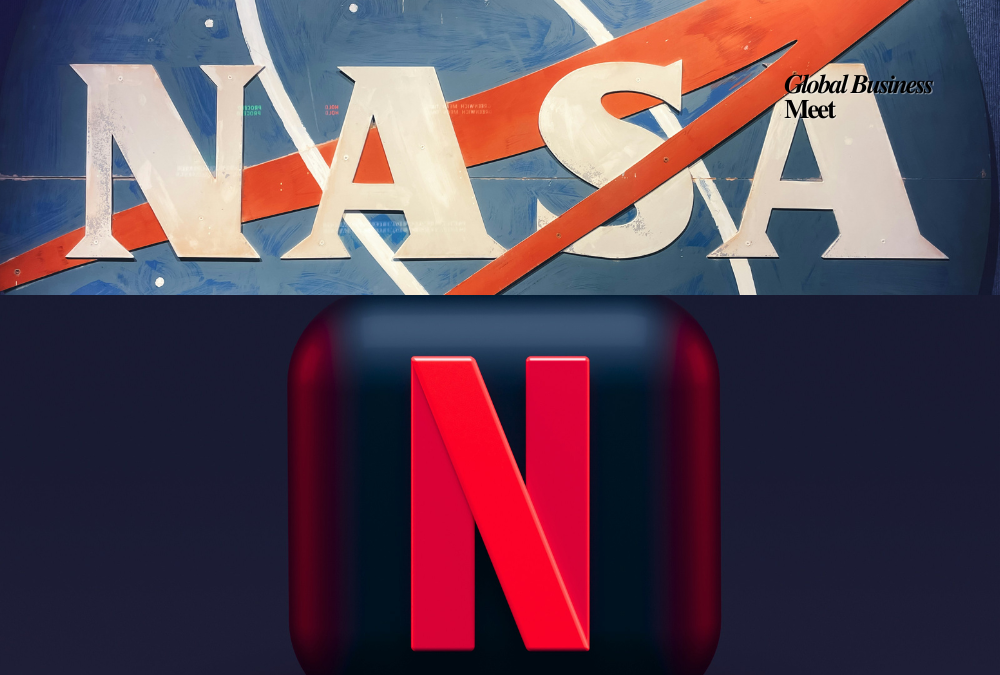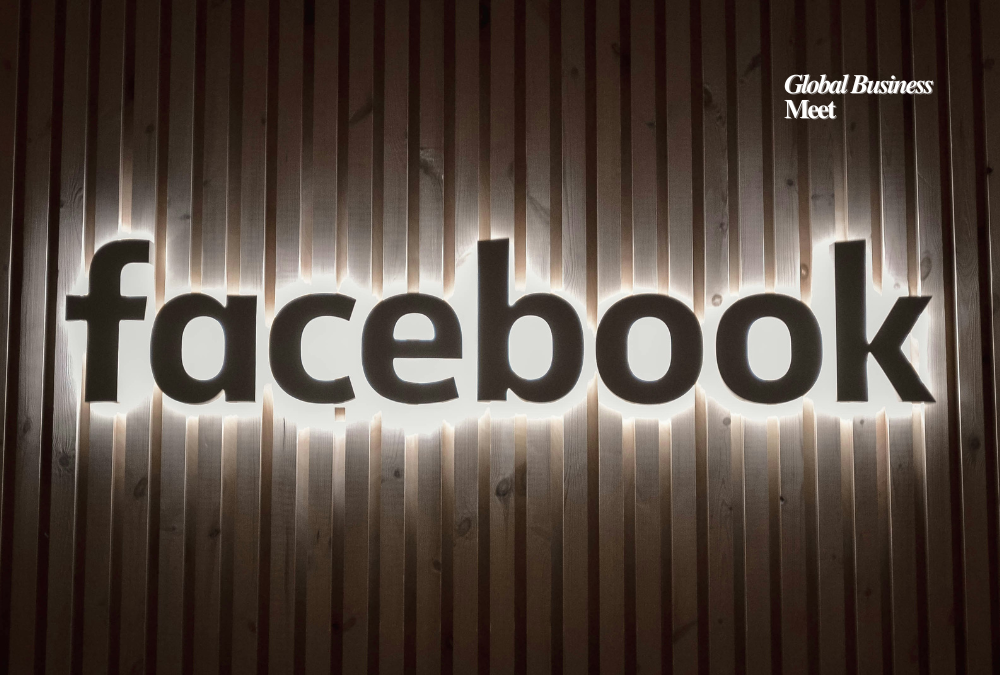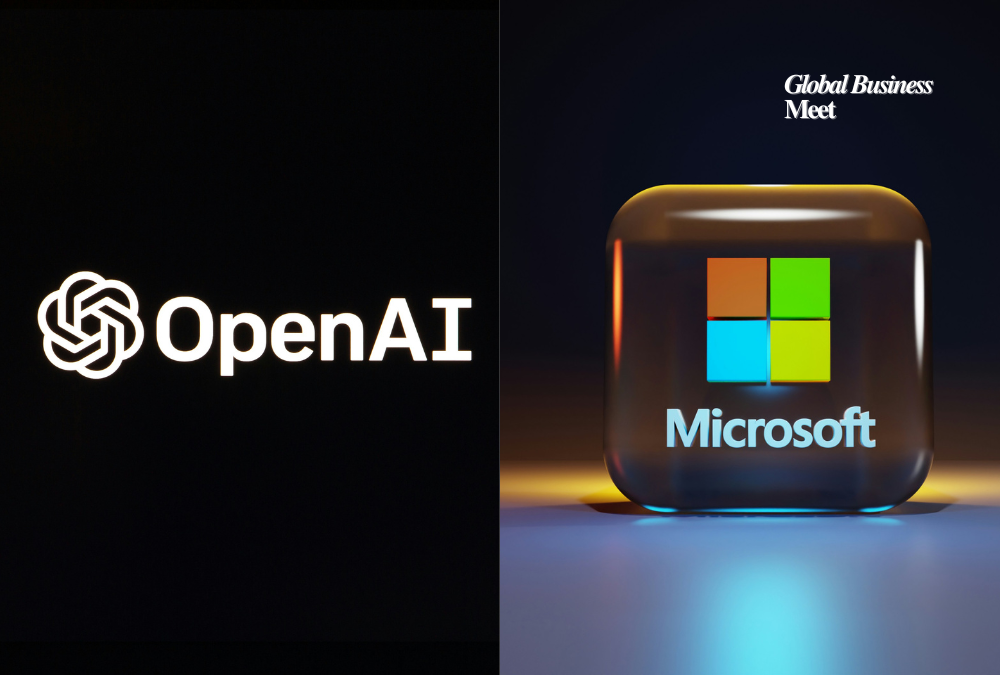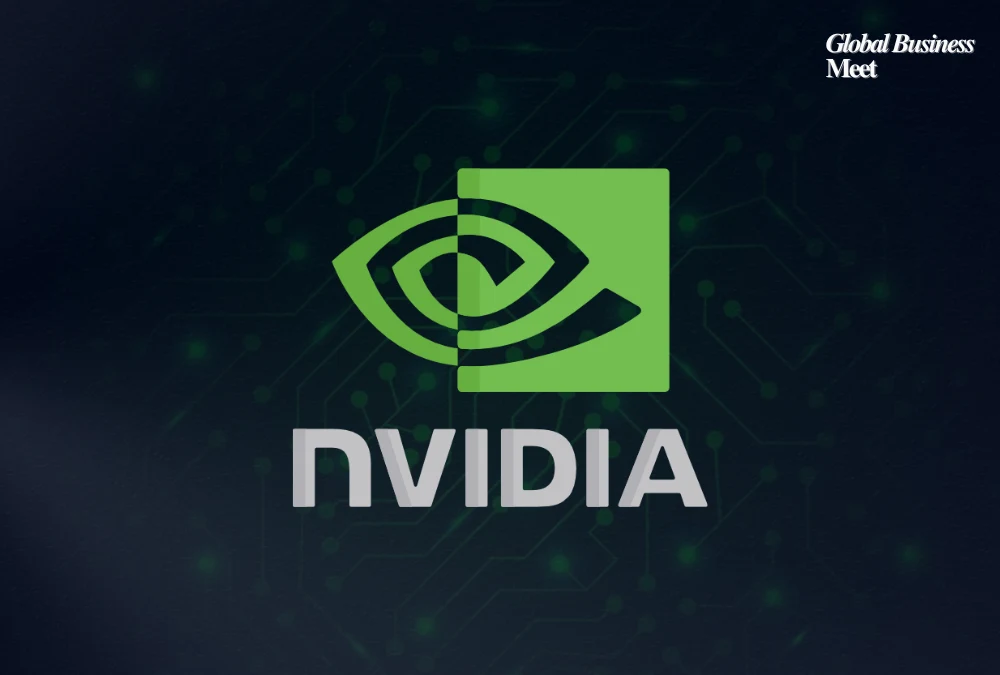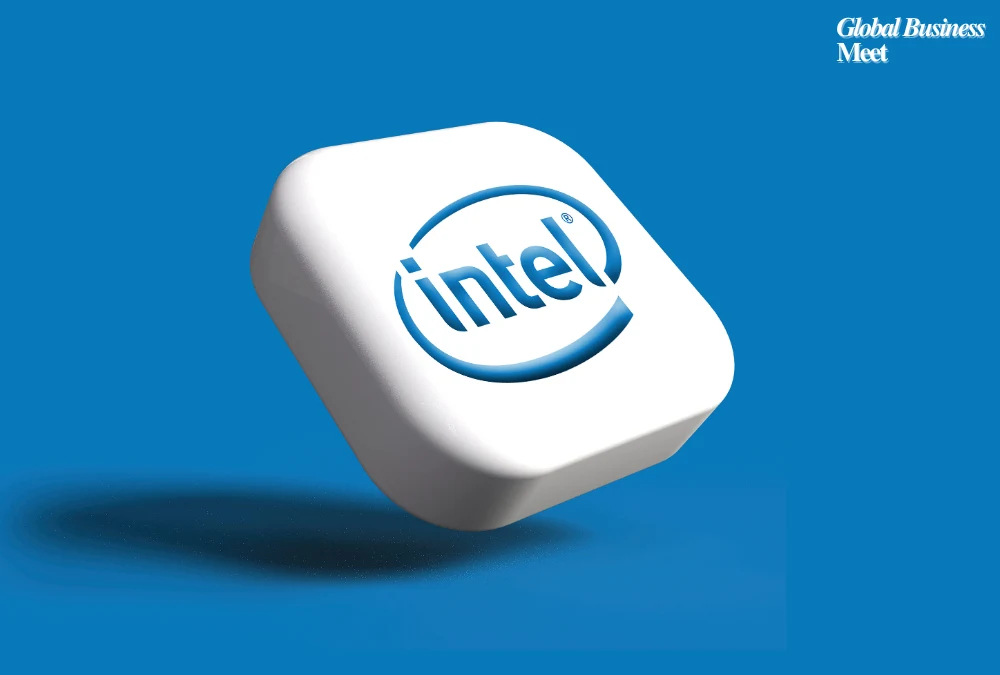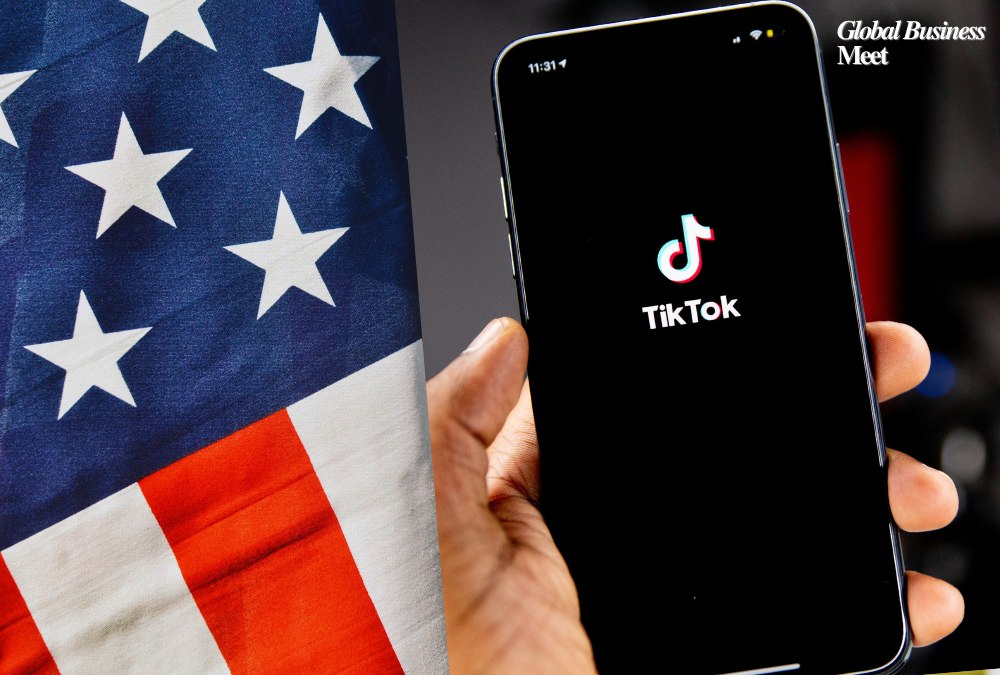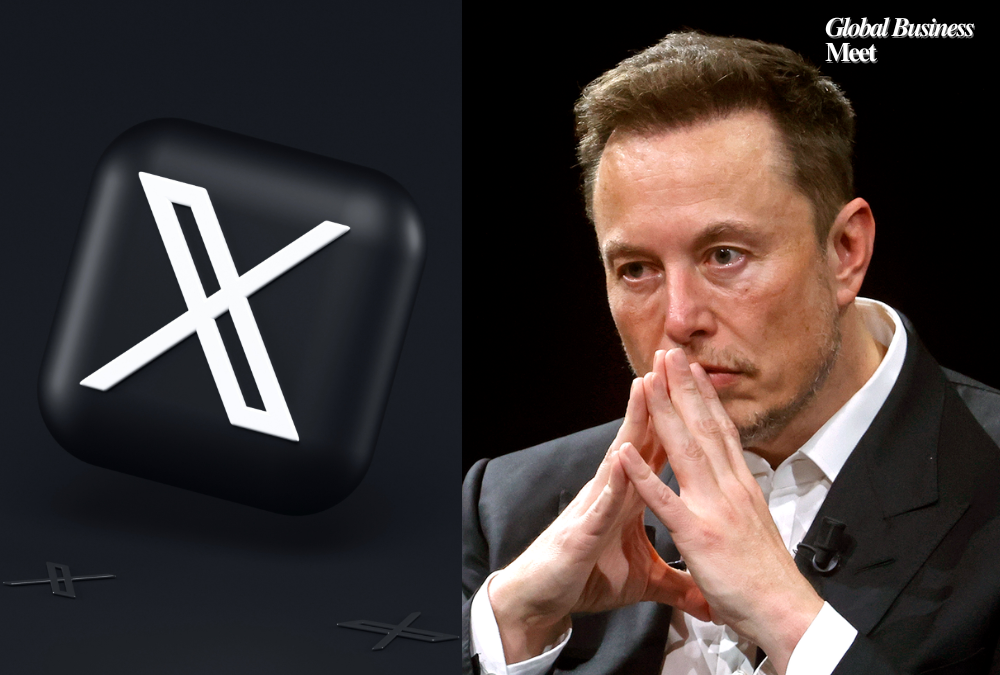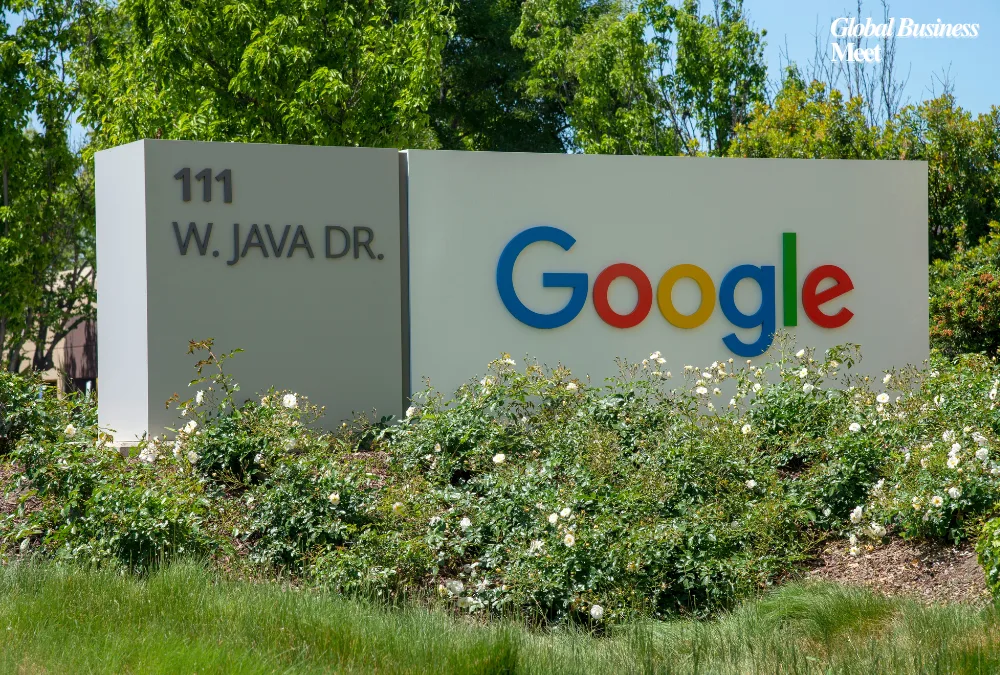
Chegg, a leading education technology company, has taken Google to court, accusing the web giant of unfairly using AI-powered search engines to drive users away from its site. Google’s AI-powered search results are literally answering educational queries that would instead bring students to Chegg’s site, the lawsuit, which was filed in a US federal court, claims. As a result, it has significantly reduced subscription fees and web traffic, endangering its business model. Chegg offers various education services including tutoring, study materials, textbook rentals, and homework assistance.
Chegg is competing with Google’s artificial intelligence-based search engine, which then scrapes content from its content without sending people to the site. Students no longer have to come to Chegg’s site in an attempt to locate course material or complete answers, significantly cutting down on user activity on the site. The problem is typical of a larger concern among content makers and site owners that answers generated through the use of artificial intelligence are damaging their revenue and reducing the overall volume of site traffic. Chegg’s complaint alleges Google has been engaging in anticompetitive conduct by acting as a gatekeeper to access to AI-based online educational content and limiting visibility for educational service providers like Chegg. Google’s artificially intelligent search results that provide answers evolved and perfected through time by Chegg are a direct threat, the company claims. Google is accused of profiting from efforts made by other companies without crediting or paying them because it keeps users on its own search engine instead of sending them to other websites.
The lawsuit is a sign of growing tensions among AI-powered search engines and content-based companies. Similar concerns were raised by multiple publishers, news outlets, and internet service providers, who also warn that the AI models taught on their materials could kill their businesses. Because AI-generated responses tend to condense information from a number of sources without making users click the original links, content creators find it difficult to sustain subscription-based or ad-supported business models. One important precedent on how AI-powered search engines handle third-party content and whether or not such firms as Google are obligated to pay authors for using their content might be established through the lawsuit brought by Chegg against Google.
Google pushed back in its defense of AI search feature, saying that the technology benefits users by giving them more efficient, quicker results. Google insists that its AI search tool is meant to heighten information access without trespassing into legal domains. Besides, Google claims, consumers can always link to third-party websites to view more information if necessary. According to critics, solutions based on AI reduce the desire for customers to visit original sites, degrading businesses that are web-dependent.
The outcome of this case can have profound ramifications on how online content providers, search engines, and the tech community as a whole utilize AI in the coming years. The victory of Chegg may usher in future schemes for reimbursement and other legislation for content providers whose information is leveraged by AI algorithms. A victory for Google would further solidify the trend towards artificial-intelligence-powered search engines becoming more dominant in controlling how users interact with online content. As AI technology continues to evolve, the battle over fair use, competition, and control over content will only intensify.The court fight between Google and Chegg could be a turning point in deciding how businesses are affected by AI-generated search results and whether or not technology companies are liable for the economic effect of their innovations.

